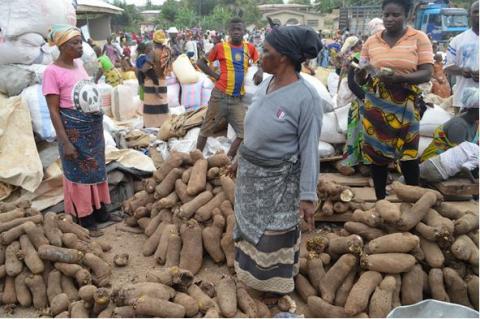Many developing countries are witnessing trends where indigenous knowledge systems are transforming to a commercial stage. This is exposing the myth that indigenous knowledge can remain pure and undiluted in the current rapidly globalizing world. The modern economy forces farmers, traders and other economic actors to contribute knowledge to their socio-economic networks. Every farmer or trader should control his or her own learning and belong to a network. Engaging with other value chain actors, especially those different from you, is the key to making sense of too much information whose volume and diversity is rapidly increasing.
Traditionally, African communities had tacit mechanisms for transferring skills from one generation to another. That is how career paths where forged, for example, children of farmers, artisans and blacksmith had important knowledge passed to them from their parents. There were no formal Small and Medium Scale Enterprises (SMEs) which enabled formal and informal knowledge exchange.
Retrenchments that have become a common feature of African economies over the past decades have resulted in many formal skills being offloaded onto the informal sector. For example, motor mechanics and metal fabrication are now part of the informal sector. Previously locked in formal systems, these skills are now being unpacked and applied in informal markets. This is leading to the integration of indigenous knowledge systems into formal knowledge sharing pathways. Since indigenous knowledge is more customer-oriented, it results in the production of needs-based products, tailor-made to meet the needs of diverse customers. For example, ploughs and hoes are made as per customer requirements unlike the previous mass production ethos in the formal sector which had little consideration for existing draught power dynamics in different farming communities. MORE
This is a re-blog of an article by Charles Dhewa

